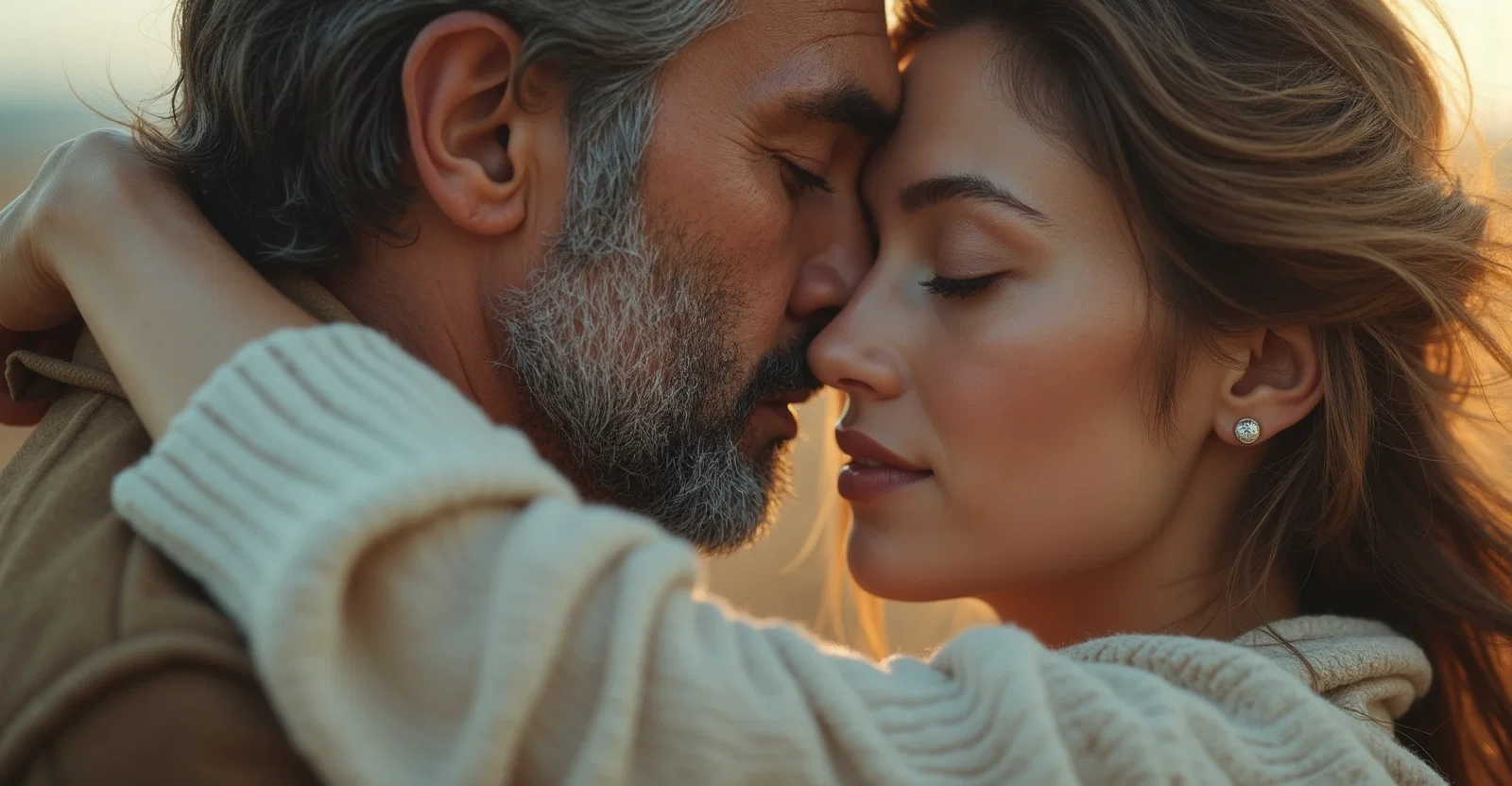I come to the conclusion that no matter how many “cockroaches” there are in our heads, how inadequate we may feel about ourselves, or how imperfect our life might seem, the best choice we can make in this life – whether through our self-expression or not – is to do. To do things that will make the lives of other people happier, better, easier… On the outside – to do something for specific people, not some abstract ones, for children, animals. On the inside – to do something for ourselves, so that our own life becomes happier, better, easier.
Of course, it would be logical to counter with arguments like “you can make one person happy, but by doing so, make another unhappy.” I’m not talking about cases where, in order to make twenty grandmothers happy, one must make a single person unhappy. I’m not referring to the happiness of those who profit from the misfortune of others. I’m talking about simple human help or even just acceptance. Евпочя.
Acceptance is generally a very difficult thing. If we often can’t accept something about ourselves, carrying around this unaccepted baggage all our lives like a written bag, hauling it, by the way, all the time on our own backs, then accepting others, who often don’t fit into our understanding of what is acceptable to be accepted – this can often seem like an impossible task. However, it is only impossible if we look at such tasks from the perspective of the tiny scale of our own personalities. If we step outside of ourselves, become more of ourselves and everything around us (not in terms of importance, not in that sense at all), then acceptance becomes easy.
After all, essentially, acceptance is (or at least lies at the core of) true human love – creating some kind of space where a person can be who they are, whole, as they exist.
When we don’t accept someone (usually, of course, some part of that person, but we tend to project that on the whole person), we kind of forbid them to exist. Even if it annoys you that your friend sometimes drinks excessively, that’s not accepting them for who they are. In those moments, when you get upset about something you don’t accept, you forbid that thing (or phenomenon) and the people associated with it to exist in your reality.
The most surprising and extraordinary, though completely understandable and explainable, thing is that all of this, to some extent – whether positive or negative – already exists within us. And by rejecting other people, we are rejecting a part of ourselves. That’s why it feels so unpleasant for us. And that’s even without delving into the idea that we are all interconnected, like the flowers in Clifford Simak’s story. A network. But that’s for those who have read it. I won’t get into esotericism now, but the fact remains.
At the core of love lies acceptance. It’s a complex thing. But if you step outside of yourself, stop associating yourself with your crooked (if you’re not some enlightened being, that’s how it is, and it’s not an insult, just the truth) personality, then it becomes simple. The crookedness no longer influences you.
Yes, every personality is crooked, sorry, that’s just the nature of the human personality – it’s specifically shaped by childhood experiences, even if you had the happiest and most balanced childhood, there are always personal wounds (to varying degrees, weak or strong) in the understanding of yourself as an individual, in society, in the collective, and alone with yourself, starting with the breaking of the identification with the mother and the loss of the sense of omnipotence. Sometimes this process is gentle, and then the crookedness of the personality isn’t noticed or hardly influences the person’s life. Awareness helps a lot. But sometimes, the cases are so difficult that even with awareness, a person needs time and a lot of effort to learn to dissociate themselves from their crookedness.
